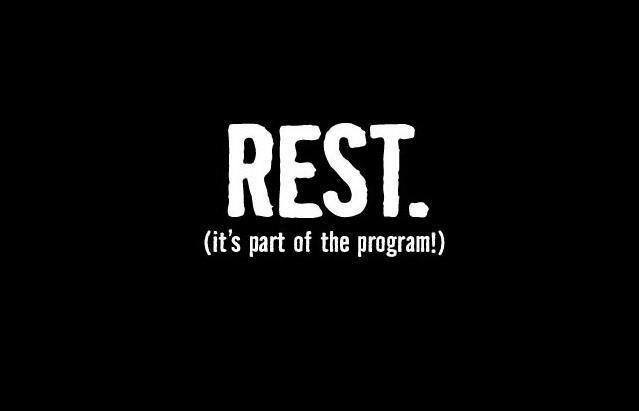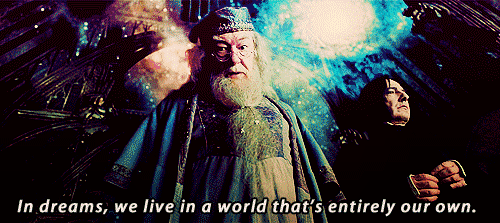I planned a lot of things to do this weekend. My girlfriend is out of town, and I wanted to do everything that I could think of during some “me” time. For example, when I got home from MFF on Friday night, I watched THIS interview with Russian biomechanist Vladimir Zatsiorsky. The co-author of “Science and Practice of Strength Training” is legend in the movement sciences. I’m telling you this because right now I have the opportunity to do anything I want with my time.
This weekend that included a visit to Long Island to ride my bike at Stillwell Woods, pick up new bike brakes that I had shipped to my Mom’s house, and visit Mountain Creek Bike Park in New Jersey. I’ve become pretty consistent with using Google Calendar to keep me on task, and I added those activities to make sure I was on top of things. Consistently, throughout the first 36 hours of weekend, I ran two hours behind schedule.
Two hours late getting to bed on Friday, two hours late leaving for Long Island, riding, and getting home. Two hours late to start riding on Sunday, too, meaning I had less time on the mountain. Everything was two hours late until we heard thunder, and the lift at MCBP closed for 30 minutes. I decided to wrap up the day early, rather than waiting, which meant that all of a sudden I was too hours early. Here’s what I learned from the weekend:
Being late or early doesn’t matter.
It didn’t matter that I started these activities later than I had planned. It didn’t matter that on Sunday I left early. My issues with time over the entire weekend didn’t matter. That’s because I did everything that I planned on doing anyway.
Now, the ability to maintain a schedule is important. If I decided to run two hours behind on a work day, I could cause problems for literally hundreds of Ninjas at MFF. It wasn’t a work day, and these were things that I was doing with my own time; the time didn’t matter. Do you know when else the timing doesn’t matter?
When you’re planning the time of day that you workout. When you’re deciding to go bed early or wake up late. When you choose to do your laundry, grocery shopping, writing the family budget, or feeding your fish. All of these things can be done whenever you damn please, provided one thing:
You have to actually get it done.
Completing any of those examples above is more important than me choosing to go on a few bike rides, although they’re all meaningful. They’re not limited by time restrictions, but by life restrictions. You have to actually get them done.
We often worry about the times that we choose to do things rather than asking the simple question: Did I do it? We get lost here in our Journey on a regular basis. Here are some examples:
- You’ve read an article about cardio being more effective in the morning. You only have time in the evening. It’s not worth it, it seems, so you skip the workout.
- Your friend told you that low-carb is the secret to success. You had real sugar in your coffee instead of Splenda. Insulin goes up, it’s all for naught, it seems, so you have two bowls of pasta for dinner.
- You stayed up late reading about how sleep before midnight is “worth more” than sleep after midnight. You wake up early anyway, because of #Science.
When have you seen this? When have you done this? We tend to miss out on something simple: Following a schedule is something that we do to function in a society. Time creates a structure for our plans to follow. However, our bodies are not that needy. Our bodies will adapt to nearly any stimulus, and our bodies don’t care about fast or slow digesting carbs. Our bodies don’t care about an 8am or an 8:13 workout. Our bodies don’t care about the latest article you read, claiming: “Here’s an exaggerated review of research because society craves ‘new’ over ‘consistent.” As a side note, I can’t wait to see that as a headline.
Information about nutrient timing, sleep quality, and periodization of programs is important, but it can also be paralyzing. We get bogged down in the minutia at any level, and forget the most important factor: Getting it done.
Being early or late doesn’t matter. You have to get it done.
Follow the schedule that is necessary for you. Go to work on time, go to the bank when it’s open. The rest of the time, focus on living the most fulfilling life possible. This often means doing things even when they’re not in the most calculated, precise scenario, and that’s okay. Let’s try a series of questions:
Are you drinking enough water? Are you getting enough sleep? Are you exercising enough? Are you eating too much? Are you eating too little?
If your response to any of those questions is “Well how much is enough?” I’d love for you to pause. Take a step back. I have the same question, but right now, that’s not the point. I simply want you to think about one thing: Are you getting it done?
Analysis is great, but analysis without action limits our progress. We need to take steps forward. No, not 10,000 steps with a pedometer forward. These metaphorical steps are about us doing. Doing more of the things that help us be more human and enjoy our lives more. I was two hours late all weekend, and none of it matter; I did what I planned on doing, and had a great deal of fun in the process. I hope that you can share in the same learning experience with me.







Leave a comment